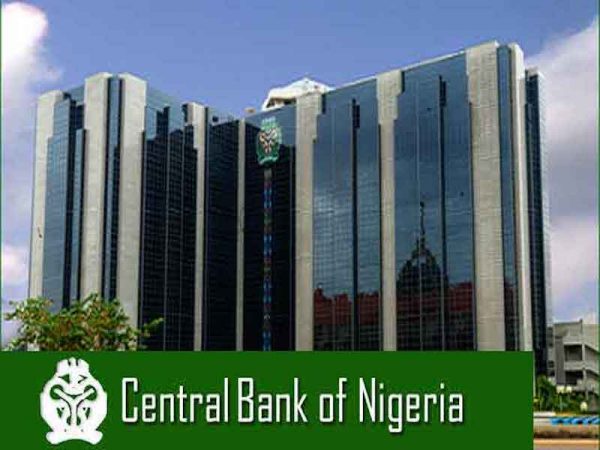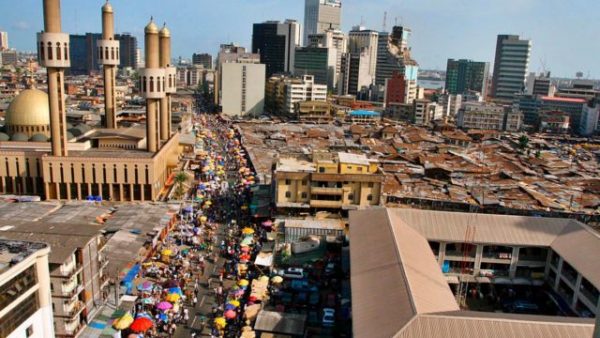External reserves rise further, now $25.4bn

The nation’s foreign exchange reserves have risen further to $25.4bn, according to the latest data obtained from the website of the Central Bank of Nigeria.
In less than one week, the reserves rose by almost $300m from $25.084bn recorded on December 16, 2016 to $25.361 on December 22, 2016, the CBN data showed
This indicated that the foreign exchange reserves had risen to almost four-month high.
The last time the reserves recorded something close to this figure was on September 2 when it had the balance of $24.361bn.
The nation’s fast-depleting reserves had recorded $23.89bn low on October 19.
The reserves have dropped by 15.9 per cent from last year when they closed at $29.7bn.
At the end of November, the reserves stood at $24.77bn, up from $23.95bn on October 31.
The CBN data showed that the foreign exchange reserves declined to $24.92bn on September 14 from $25.11bn on September 9.
Currency and economic experts are not sure if the tiny upticks in the external reserves’ level are sustainable amid a falling naira and acute shortage of dollar in the foreign exchange markets and the economy.
“We are not sure the extent this can go. Currently, the FX market is not a free-float one where the interplay of demand and supply determines price and volume. The uptick is not as a result of supply over demand. It happens when there is a slowdown in the allocation of FX,” the Chief Executive Officer, Cowry Asset Management Limited, Mr. Johnson Chukwu, said.
A senior associate in investment banking at Afrinvest, a research and investment firm, Mr. Ayodeji Ebo, said the gradual increase might only be sustainable if the oil price maintained its current level and there was a continuous ramp up in oil production. The CBN had on June 20 lifted its 16-month-old currency peg and auctioned about $4bn on the spot and futures market to clear a backlog of dollar demand to help boost interbank market trading.
The reserves fell from $26bn on August 4, 2016 to $25.97bn on August 5 as the central bank stepped up dollar sales to boost liquidity at the interbank market and support the ailing naira.
The naira, which touched an all-time low of 365.25 per dollar on August 18 at the official market, has consistently closed around 305.5 in recent weeks.







